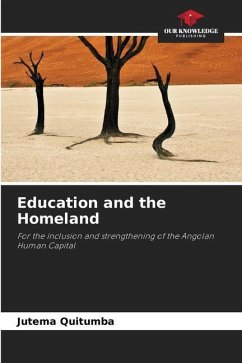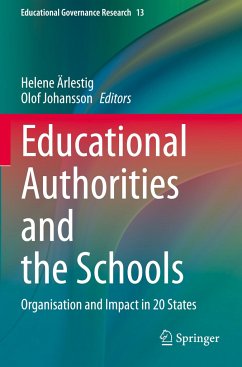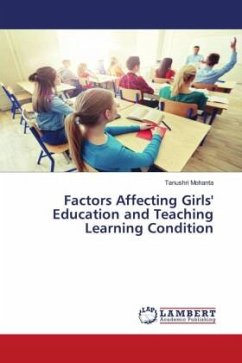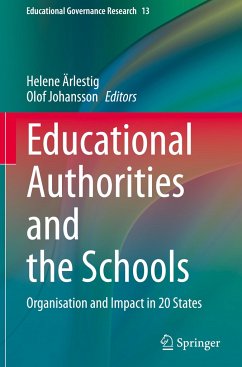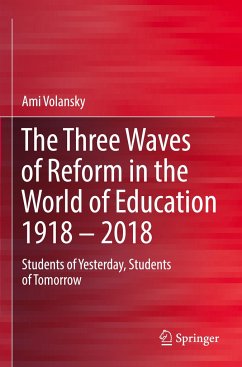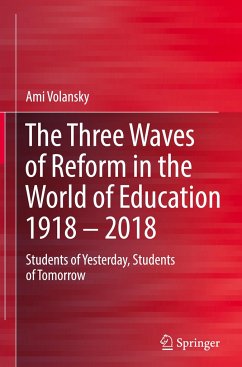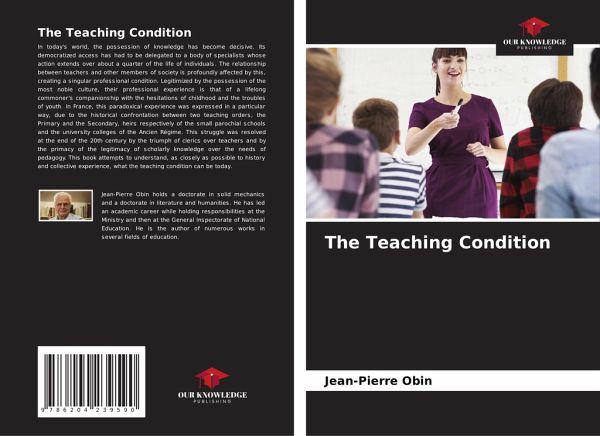
The Teaching Condition
Versandkostenfrei!
Versandfertig in 6-10 Tagen
36,99 €
inkl. MwSt.

PAYBACK Punkte
18 °P sammeln!
In today's world, the possession of knowledge has become decisive. Its democratized access has had to be delegated to a body of specialists whose action extends over about a quarter of the life of individuals. The relationship between teachers and other members of society is profoundly affected by this, creating a singular professional condition. Legitimized by the possession of the most noble culture, their professional experience is that of a lifelong commoner's companionship with the hesitations of childhood and the troubles of youth. In France, this paradoxical experience was expressed in ...
In today's world, the possession of knowledge has become decisive. Its democratized access has had to be delegated to a body of specialists whose action extends over about a quarter of the life of individuals. The relationship between teachers and other members of society is profoundly affected by this, creating a singular professional condition. Legitimized by the possession of the most noble culture, their professional experience is that of a lifelong commoner's companionship with the hesitations of childhood and the troubles of youth. In France, this paradoxical experience was expressed in a particular way, due to the historical confrontation between two teaching orders, the Primary and the Secondary, heirs respectively of the small parochial schools and the university colleges of the Ancien Régime. This struggle was resolved at the end of the 20th century by the triumph of clerics over teachers and by the primacy of the legitimacy of scholarly knowledge over the needs of pedagogy. This book attempts to understand, as closely as possible to history and collective experience, what the teaching condition can be today.



